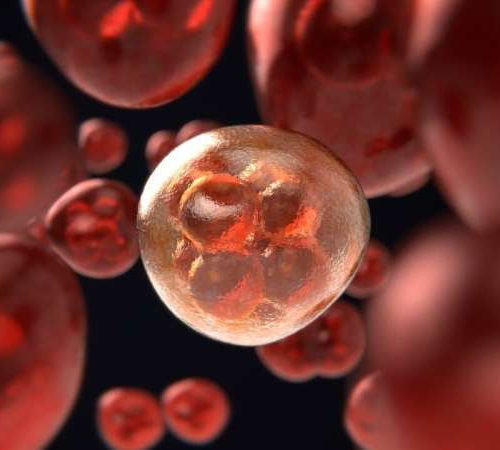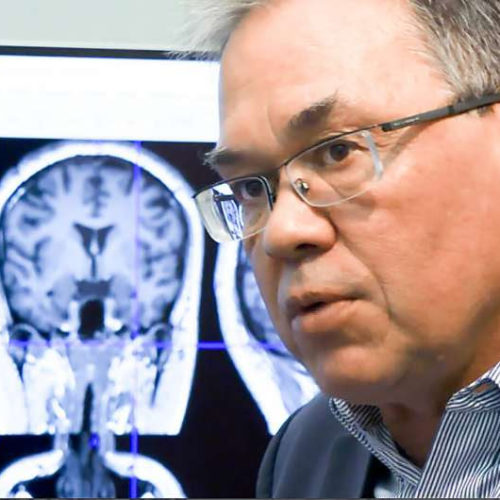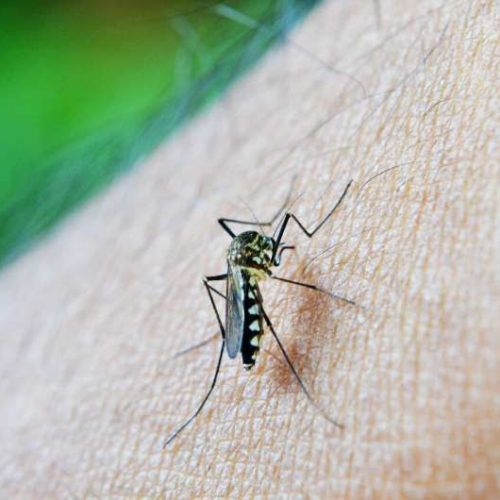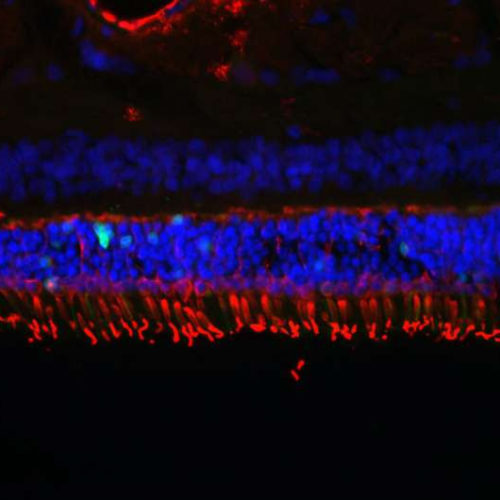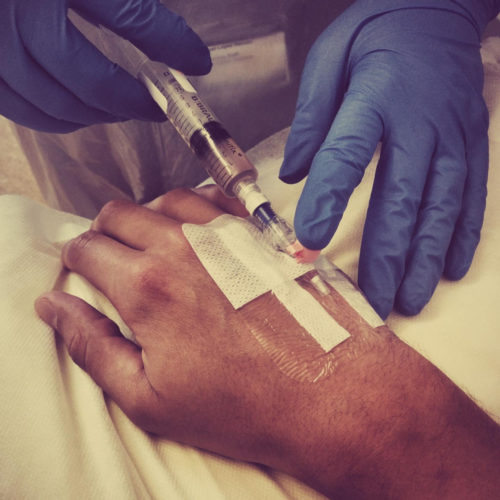by Johannes Angerer, Medical University of Vienna Credit: Pixabay/CC0 Public Domain In a study recently published in the leading journal Blood, Florian Moik and Cihan Ay from the Division of Hematology and Hemastasology of the Department of Medicine I of MedUni Vienna/Vienna General Hospital, working in collaboration with the Division of Oncology, the Department of Dermatology and...
AI-based tool detects bipolar disorder at earlier stages
by Adrianna MacPherson, University of Alberta Andrew Greenshaw, professor and associate chair in the Department of Psychiatry, says applying machine learning to medical diagnostics depends on having consistent, standardized data available to “teach” the AI-based systems what to look for. (Photo: Faculty of Medicine & Dentistry) Many people with early-stage or first-episode bipolar disorder have cognitive...
New cells harnessed to ambush and kill malaria immediately upon transmission
by Burnet Institute Credit: CC0 Public Domain A change in the plan of attack against malaria—to target the infection as soon as it enters the bloodstream—has yielded exciting results for Burnet Institute scientists seeking to accelerate the development of a highly protective malaria vaccine. For decades global malaria vaccine research has focused overwhelmingly on immune responses that may block malaria...
BioNTech-Pfizer say COVID vaccine 100% effective on 12-15 year olds
BioNTech-Pfizer said Wednesday their vaccine showed 100 percent efficacy against the coronavirus in 12 to 15 year olds, as they eye approval for adolescents to get the jabs before the next school year. Phase 3 trials carried out on 2,260 adolescents in the United States “demonstrated 100 percent efficacy and robust antibody responses”, the companies...
Turning back the clock on a severe vision disorder
by University of Pennsylvania A mutation in the NPHP5 gene leads to a severe blinding disorder, Leber congenital amaurosis. Dogs with the condition that were treated with a gene therapy regrew normal, functional cone cells, labeled in red, that had previously failed to develop. The treatment led to a recovery of retinal function and vision. Credit:...
Have scientists found SARS-CoV-2’s Achilles’ heel?
By Jocelyn Solis-Moreira Mar 29 2021 Have scientists uncovered the severe acute respiratory syndrome coronavirus 2 (SARS-CoV-2) Achilles’ heel? New preclinical research published in the journal Cell shows how neutralizing antibodies targeting the N-terminal domain of the coronavirus could be a potential target for antibodies to bind and effectively neutralize SARS-CoV-2. Study: N-terminal domain antigenic mapping reveals a site of vulnerability for...
Changes in mouth bacteria after drinking beetroot juice may promote healthy ageing
UNIVERSITY OF EXETER Drinking beetroot juice promotes a mix of mouth bacteria associated with healthier blood vessels and brain function, according to a new study of people aged 70-80. Beetroot – and other foods including lettuce, spinach and celery – are rich in inorganic nitrate, and many oral bacteria play a role in turning nitrate...
Selenium supplementation protects against obesity and may extend lifespan
ELIFE Adding the nutrient selenium to diets protects against obesity and provides metabolic benefits to mice, according to a study published today in eLife. The results could lead to interventions that reproduce many of the anti-aging effects associated with dietary restriction while also allowing people to eat as normal. Several types of diet have been shown...
Open-label placebo works as well as double-blind placebo in irritable bowel syndrome
BETH ISRAEL DEACONESS MEDICAL CENTER Boston – For decades, the power of the placebo effect was thought to lie in patients’ belief that they were — or at least, could be — receiving a pharmacologically active treatment. A new study by physician-researchers at Beth Israel Deaconess Medical Center (BIDMC) suggests that patients don’t need to be...
Mysteries of malaria infections deepen after human trial study
UNIVERSITY OF EDINBURGH IMAGE: A VOLUNTEER BEING INJECTED WITH MALARIA PARASITES. CREDIT: PROFESSOR ALEX ROWE, PERSONAL CHAIR OF MOLECULAR MEDICINE, INSTITUTE OF INFECTION AND IMMUNOLOGY RESEARCH, UNIVERSITY OF EDINBURGH Scientists have discovered that tracking malaria as it develops in humans is a powerful way to detect how the malaria parasite causes a range of infection outcomes...

